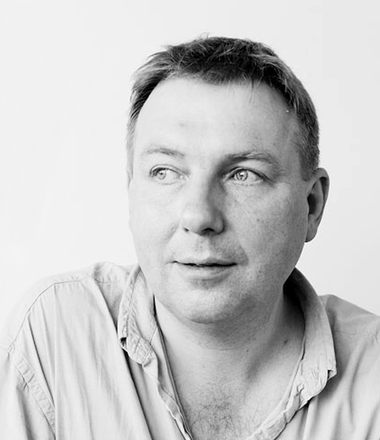This piece was originally published on 16 December 2019 – in the early days of the coronavirus spreading in China, and perhaps around the day when the first case arrived somewhere in Europe (we will never know of sure). In the year that followed, the health and adult social services of the UK fell apart.
Even in normal times with almost no infectious disease circulating, the system could not cope. Its infrastructure simply could not accommodate in any aggregate beneficial way a pandemic on top of the cuts and austerity that had already occurred. As a result of all this, rising numbers of people in the UK died at home, not in hospital or in care.
Some 60,000 died directly form the pandemic by the end of November 2020; but the total population of the UK fell by far more than that. Estimates in November 2020 were published that suggested that between April and September 2020, some one million people living in the UK – but not born in the UK – left and had not returned. The most significant reason for this was that the pandemic encouraged younger migrants to return to the cities and villages of their older family members.
Most of the people who left the UK were in work and would have been able to stay after Brexit, but they have chosen not to stay. No one is expecting a flow of new migrants to the UK in 2021 to take their place. What jobs would they be coming to do? What would be the incentive? The pandemic will be blamed for much that happens next in the UK, but, as this article shows, so much was going so wrong before the crisis of 2020 was even imagined. It is when a crisis hits that you discover just how thin is the venire of society in the UK today.
In the four weeks of September 2019, while Boris Johnson tried to force through a general election, 1,248 more people died in England and Wales than was usual at that time of year.
During the four weeks of the election campaign, eventually called at the end of October, 2,124 more people died in England and Wales than again was usual for that time of year. At the time of writing – very late on general election day – these are the most recent weekly mortality statistics.
This news was largely unreported in part because no public officials are allowed to comment on these figures thanks to a British election tradition known as "Purdah". But the figures were also obscured from view because of Brexit. Who will "deliver Brexit" – and what the terms of that departure will be – has been the subject of intense public debate before the election, during the campaigns, and will, without a doubt, remain the focus of political life now that Johnson’s Conservative party has won the election.

Before the Brexit referendum was announced four years ago, few people in Britain cared much about Europe or the European Union (EU). Back then, in late 2015, the National Health Service (NHS) and immigration were what most mattered to voters. Although the debate about Europe did absorb the often-xenophobic concerns about immigration , overall, Brexit, a little like a war, was forced on a public not demanding it.
Against this backdrop, much else has been happening that hasn’t received sustained – if any – attention. The numbers of people dying, week in, week out, tell us more about the four countries of the UK than we could ever hope to learn from the attention given to Brexit. This is a kingdom falling apart.
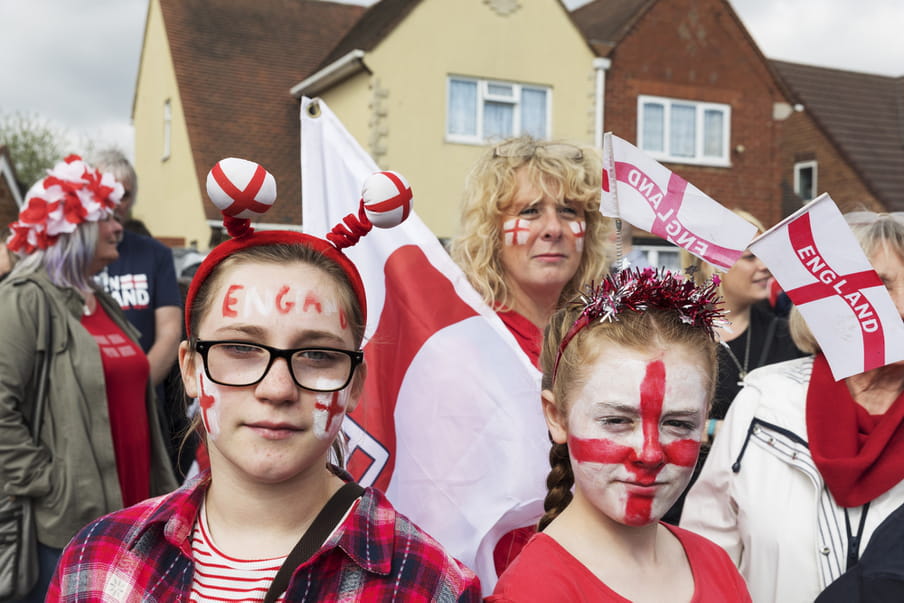
So, what is going on?
I’m a geographer who has been studying mortality records in the UK for the past 30 years. The data I review both yearly and weekly has given me a perspective on British society often missed when following the political circus.
In early 2014, I published an article in New Statesman magazine trying to highlight that the fact that something very unusual was happening: the life expectancy of elderly people in the UK – notably women – had begun to fall.
The following year, there was a huge rise in deaths. The numbers were released the day after the Brexit referendum result was announced. There was no evidence of a deliberate cover-up. However, the secretary of state for health, Jeremy Hunt, and his agency Public Health England, did try on several occasions between 2015 and 2019 to blame the weather. The trouble with that explanation is that the UK has not had an unusually cold winter since 2010.
The authorities then tried to blame the flu, but these death rates did not rise and fall as they would following an influenza epidemic – and an epidemic would have been noticed across Europe.
Life expectancy across the whole of the UK for both women and men – as calculated by the Office for National Statistics (ONS) – did not return to its 2014 level in 2015. Nor did it in 2016, 2017, or 2018.
With colleagues, I have looked at all the possible causes and explanations and now think that the vast majority of the extra deaths that have occurred were almost certainly the result of austerity. In other words – the result of deliberate cuts in public spending.
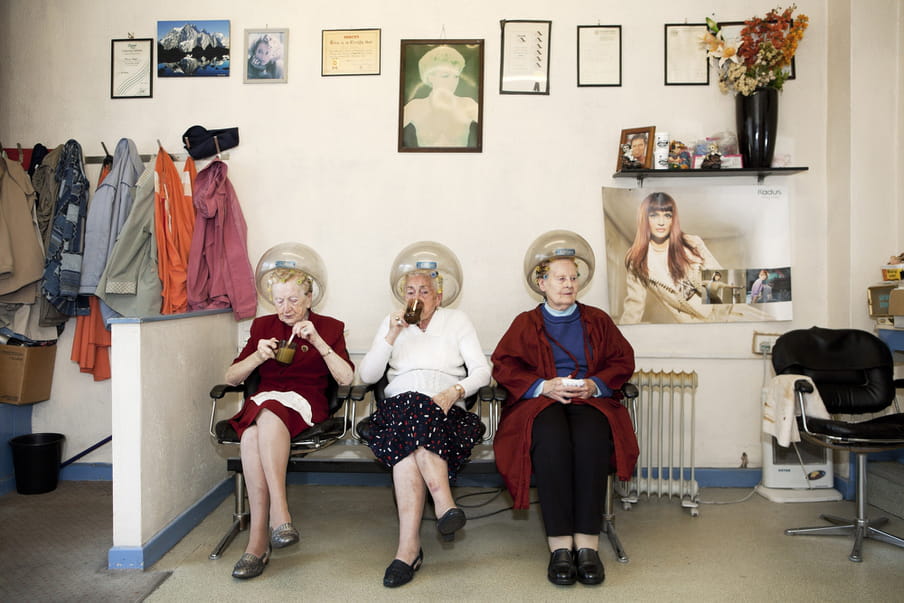
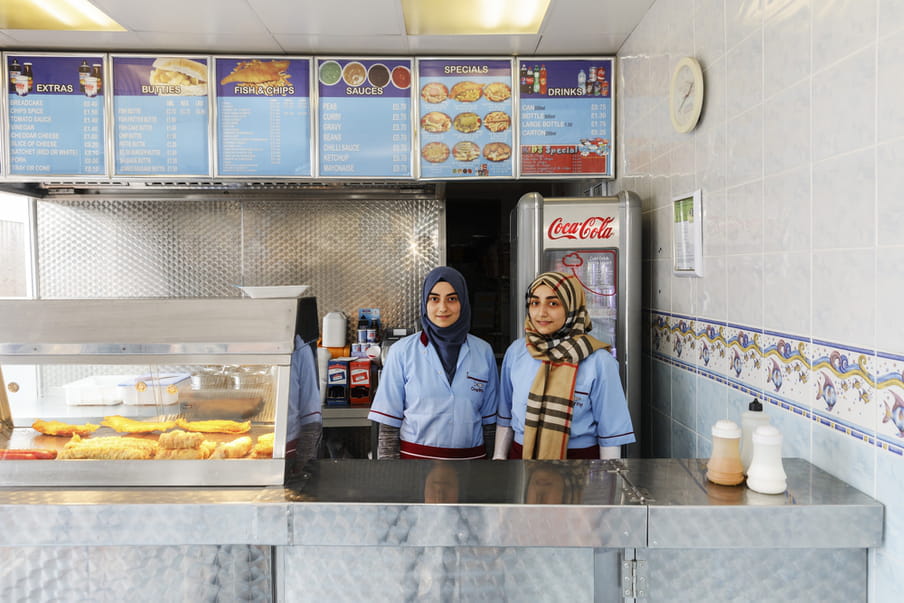
A country obsessed with just one issue – Brexit
In normal times, in a normal country, a fall in life expectancy would be a big deal. But nothing is normal about the UK.
Since the Brexit referendum, British press, politicians and people have become obsessed with just one issue. The fall in life expectancy after 2014 was officially described as a "slowdown" and everyone moved on.
People are easily turned off by statistics. What does get attention is individual cases. Headline news on 9 December 2019 was that Johnson had refused to look at a picture of a four-year-old boy forced to sleep on the floor of the overcrowded accident and emergency department at the main hospital in the city of Leeds. Every national newspaper and TV channel carried the story of the child with suspected pneumonia lying, very ill, on a pile of coats. However, the story was about the character of Johnson, the would-be Brexit deliverer. It was not about the sick child or how many other four-year-olds were not receiving adequate treatment as the British health service crumbled.
Over the last nine years, the NHS has continued to deteriorate year-on-year in its ability to cope with restricted budgets given the rising health demands of the population. The situation is further complicated by the huge cuts to social service budgets, which mean that many hospital beds are now occupied by an elderly person who cannot be discharged because there is no one to help them when they get home.
Since the Brexit referendum, British press, politicians and people have become obsessed with just one issue. The fall in life expectancy after 2014 was officially described as a ‘slowdown’
A boy ends up being treated on the floor of a hospital because the beds are all full, and the beds are full because the system is not working overall. Premature deaths among elderly people in the UK began rising after the social service facilities they relied on were massively cut and NHS funding was first severely squeezed. And deaths continued to rise as the cuts got deeper.
There has also been a rise in infant mortality. In England and Wales, this rise was concentrated in those same years of maximum public spending cuts. In 2014, 3.6 babies died for every 1,000 born. That rose to 3.7 in 2015, 3.8 in 2016, and 3.9 in 2017 (which sadly is the latest year for which we have data, as funding for ONS has also been cut).
Though the change appears to be minuscule, according to the ONS, each rise was statistically significant. It means that enough extra babies died to increase that statistic by an amount that almost certainly did not occur by chance. Policy played a part – most importantly, policy concerning the funding of maternity units, the training of midwives, and the social services available to pregnant women. Most of the additional infant deaths each year occurred in the first few days or weeks of the child’s life.
Scotland, by contrast, had the same infant mortality rate as England and Wales in 2014, but by 2018 it had been reduced to 3.2 per 1000 births. This too did not happen by chance. Having decided to invest in mothers and babies, the Scottish government diverted funds from other areas to ensure it did so. In 2018, member of the Scottish Parliament and its cabinet secretary for finance, Derek Mackay, spoke of using his "tax decisions to ensure Scottish public services are not short-changed".

The effects of austerity
Austerity in the UK was a political choice made in the summer of 2010. Its effects have been devastating.
The UK has reduced public spending to 36% of GDP by the end of 2019 from a peak of 41% in 2006. Today, rates of public spending in the UK as a whole are only a fraction above those of the US. Almost every other country in the EU spends more on its public services than the UK does; almost every other country in Europe now has a lower infant mortality than the UK. These are facts the British have simply accepted because we have been distracted by Brexit. These are the facts that very few British voters knew when they voted on 12 December 2019. Messages about them were either ignored or crowded out.
Today, rates of public spending in the UK as a whole are only a fraction above those of the US. Almost every other country in the EU spends more on its public services than the UK
The UK is also now the most unequal large nation in Europe. It had been the second most equal large nation in the 1970s (after Sweden) but became the most unequal by not curtailing greed. Under Margaret Thatcher, the former prime minister, the share of income taken by the top 1% was allowed to grow and grow. Taxes on the well-off were reduced and wages for the worse-off fell in real terms; benefits fell even more for those who could not work.
It was not just the Conservatives who encouraged inequality to rise so high. There was no reduction in inequality during the New Labour years of 1997-2010. The once social democratic Labour party became content with levels of inequality that most European conservatives would think not to be defensible.
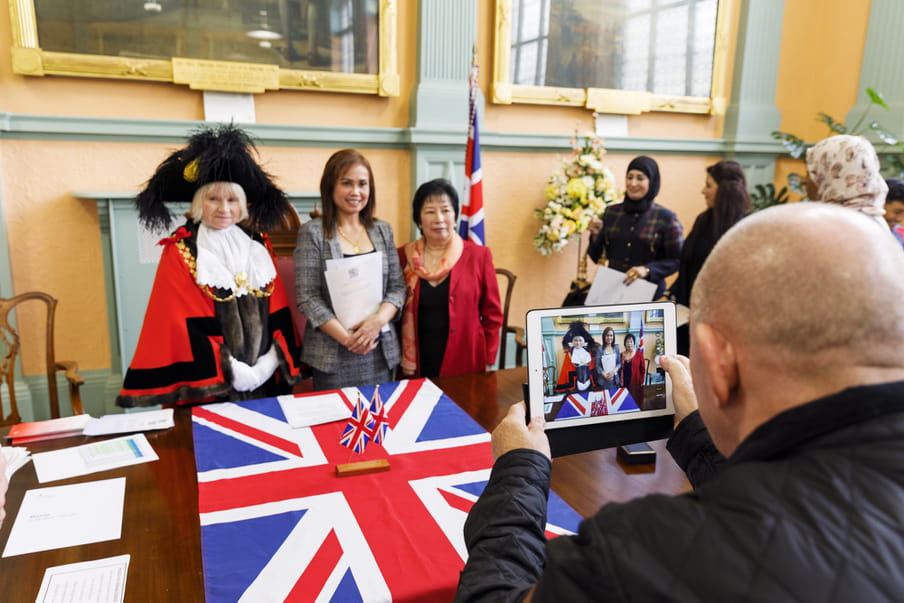
The unequal kingdom
Once a state becomes highly unequal, it can enter a spiral of decline. All the most unequal rich nations in the world are now falling apart in one way or another and all have a "strong man" in charge: USA, Russia, Brazil, Chile, Turkey, Israel. On 12 December 2019, the people of the UK confirmed their membership in that club of the world’s most unequal affluent countries headed by a strong man.
More equitable countries tend not to have a leader who matters all that much, a head of government who is not that well known. They also tend to have lower far-right voting, higher overall turnout at elections, higher spending on public goods as a proportion of GDP, fewer (social class)-segregated schools, better quality secure housing, less homelessness, much better mental health, and higher life expectancy. Jobs in such countries are better paid for the majority of people and less precarious.
Almost (but not quite) everyone in the UK is now worse off than they were in 2010, but in very different ways. For the upper middle class, this translates as problems paying the school fees, overseas holidays being more expensive, and uncertainty about helping a grown-up child buy a flat in London as prices continue to fall.
For those in the middle of the spectrum of the income distribution, it is paying the rent that is their biggest expense. The average person aged under 65 in the UK now rents privately with almost no security of tenure. For those towards the bottom, it is the dependency on food banks, greatly increased precarity, and the very real risk of homelessness.
For everyone, life expectancy has fallen. The middle classes experienced it first as many of the elderly women who saw their life expectancy drop in 2014 were middle class. Working-class women have never lived as long.

What happens now?
The UK is in uncharted territory. Nowhere else in Europe is life expectancy falling. Nowhere else in Europe has rising infant mortality. Nowhere else in Europe (bar Germany) has as many people sleeping rough on the streets. Germany only has as many rough sleepers because a very small proportion of the very large numbers of refugees it accepted are without housing. The UK accepts almost no refugees. The people who recently died homeless on the streets of Oxford include two who had gone, as children, to the same school I attended.
Sometimes things fall apart. The centre does not hold, but in Britain anarchy is not immediate. Instead, there has been a long, slow disintegration of social norms and expectations. Today, new independent countries are hardly ever formed, but the UK has gone about creating the circumstances in which still future separation is possible.
Other scenarios are also possible. Great social change has often happened in the past when a younger generation has been fully exposed to the folly of their parents and grandparents.
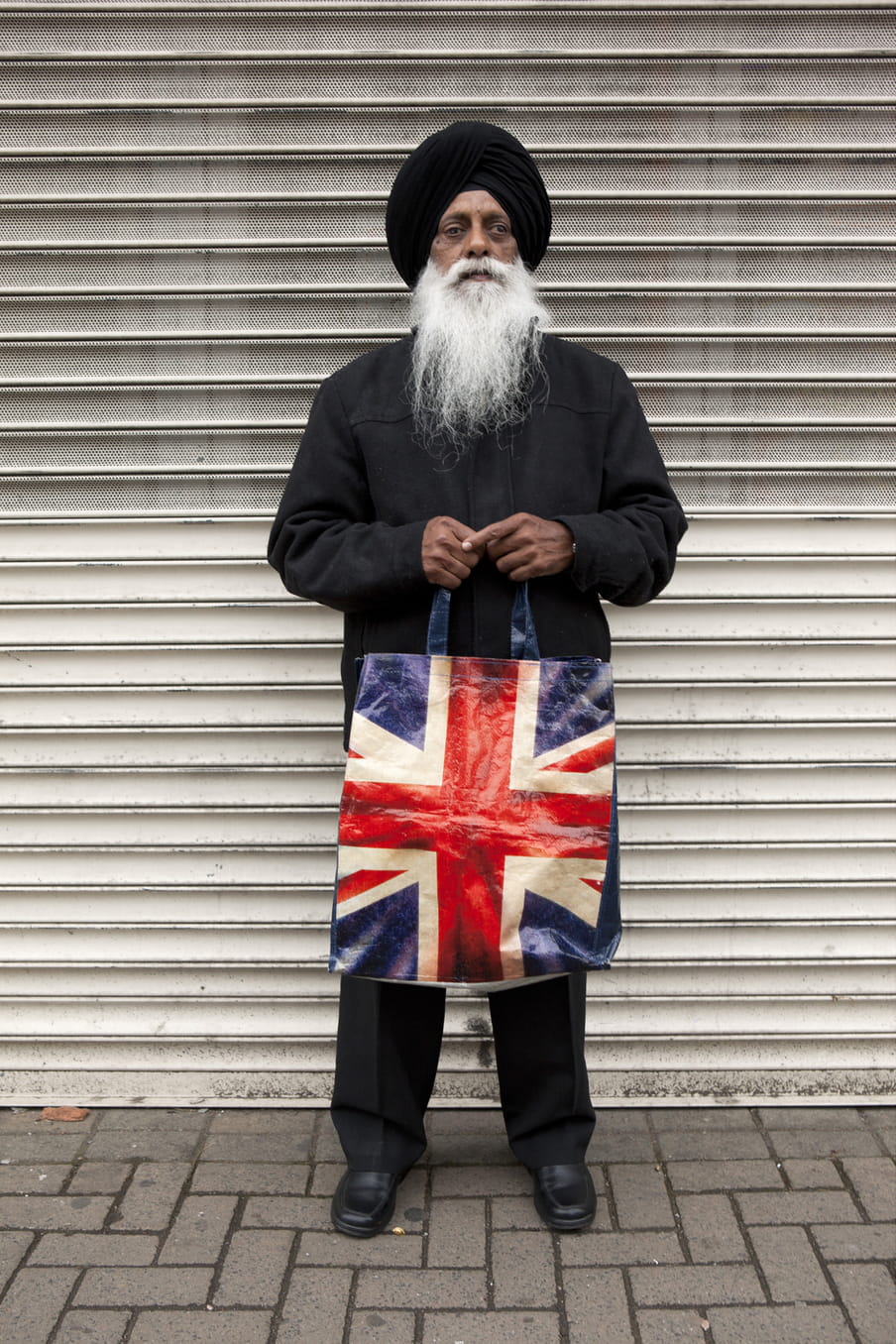
An obvious example is when the young have to go to war because of mistakes made by the old, but it need not be a war. Take the Suez crisis of October 1956. It was an embarrassment for the UK, not as large an embarrassment as Brexit perhaps, but still a losing-of-face due to stupid decisions made by out-of-touch old men.
Following Suez, young people voted differently to their parents in sufficient number to bring in governments in 1964 and 1966 that helped to slowly transform the UK, making it one of the most equitable countries in Europe. That period also saw the British school system changed, so that almost all children could, for the first time, be educated together. Social security was brought in for mothers, rights to housing were extended. There was both full and well-paid employment. And the greed of the rich was curtailed. This resurgence after crisis could well happen again.
The Conservative government – which could now hold power until at least December 2024 – will pretend it cares about the health service, about poor Britons, about the north of the kingdom, about young people’s futures, and it will pretend well. It is well practised. But today in Britain, we charge half of our young people the highest university tuition fees to be found anywhere in Europe. On the other half, we impose benefit sanctions, and imprison many at a rate not found elsewhere on the continent.
Britain’s leaders show scant regard for the environment; they’re indifferent to plans to take away the freedom to work or study in the rest of the EU or to marry whom they want to marry – unless, of course, their income is high enough to warrant them staying in the UK. Our unfair private rented housing system prevents huge numbers from thinking they can start their own family.
If you were trying to stir up the young, this is how you might go about it.
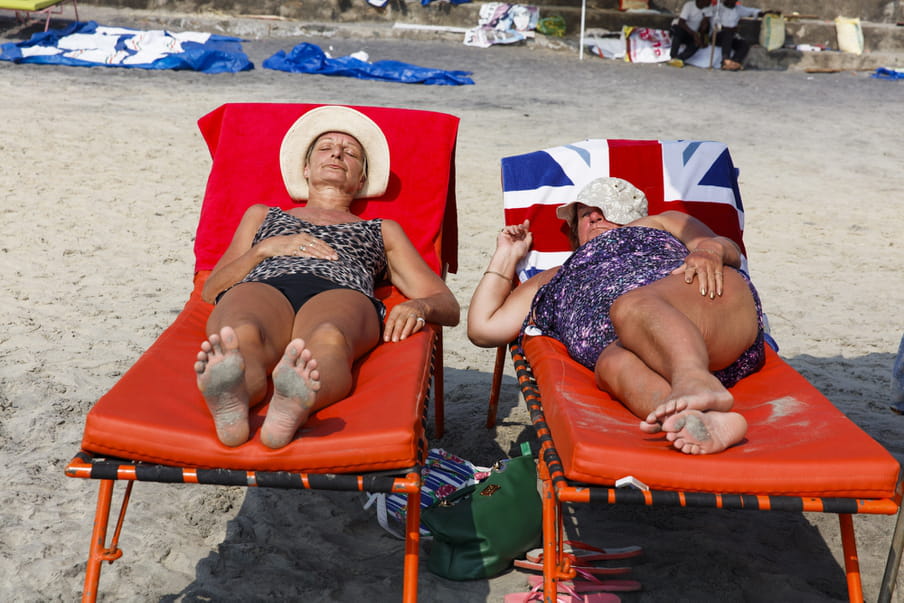
 About the images
British photographer Martin Parr has spent decades documenting the idiosyncrasies of mass culture and British identity. Since the country voted to leave the European Union, he has mainly pointed his lens at the heartlands of anti-EU sentiment. Even though his photographs are famous for their humour and absurdism, Parr’s intent is serious: he wants to explore what it means to be British. (Lise Straatsma, image editor)
About the images
British photographer Martin Parr has spent decades documenting the idiosyncrasies of mass culture and British identity. Since the country voted to leave the European Union, he has mainly pointed his lens at the heartlands of anti-EU sentiment. Even though his photographs are famous for their humour and absurdism, Parr’s intent is serious: he wants to explore what it means to be British. (Lise Straatsma, image editor)

